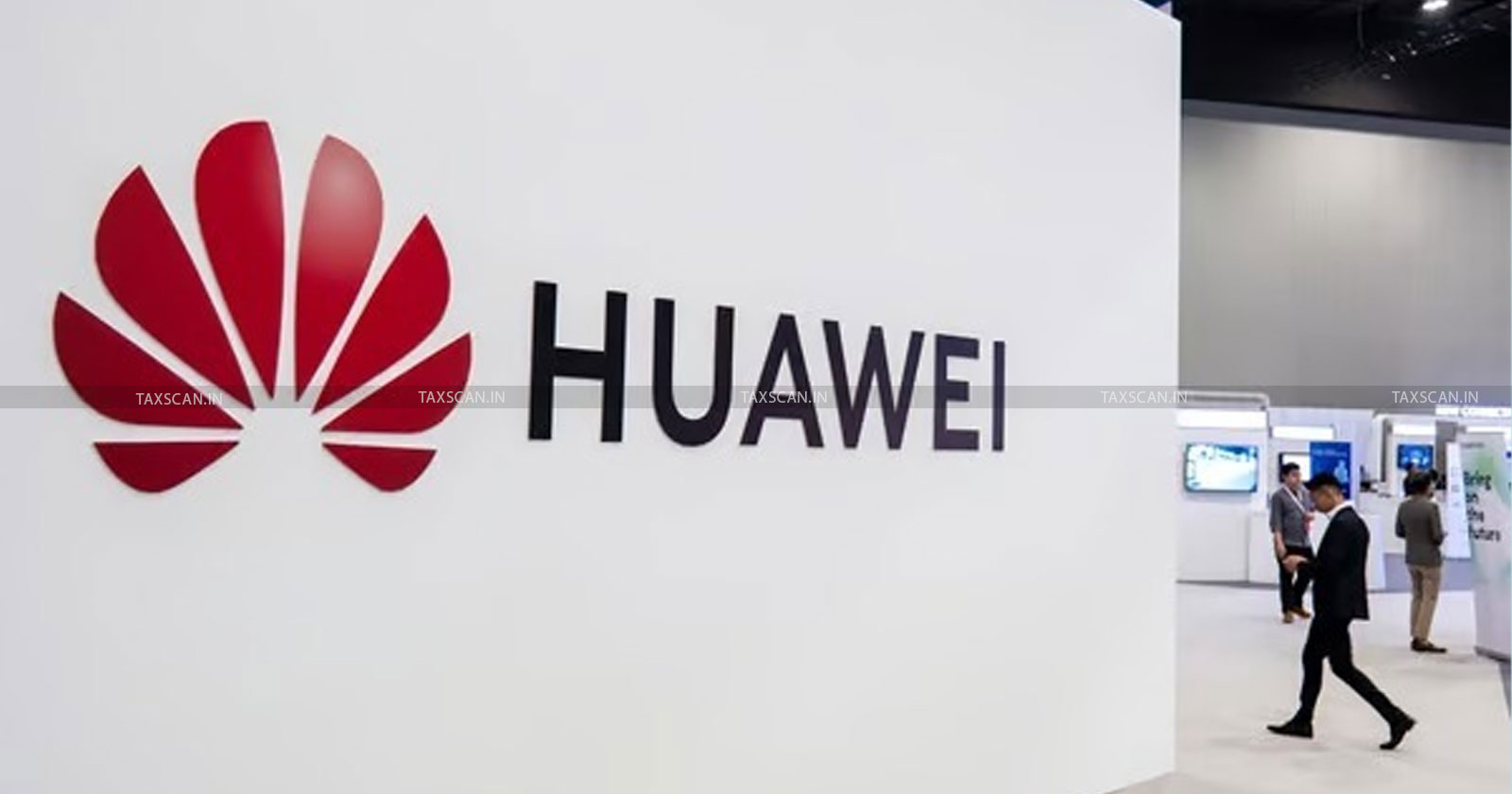Expired Notification cannot be Extended: Madras HC directs Reassessment of Huawei Telecom's ADD on Imports from China within Valid Period [Read Order]
Madras HC ruled that expired ADD notifications cannot be retrospectively extended, partially quashing Huawei's demand and directing reassessment within the valid period

Madras High Court – Extension of Expired Notification – Anti Dumping Duty – ADD – Huawei Telecom – Taxscan
Madras High Court – Extension of Expired Notification – Anti Dumping Duty – ADD – Huawei Telecom – Taxscan
In a recent ruling, the Madras High Court held that an expired Anti-Dumping Duty ( ADD ) notification cannot be extended. The court directed a reassessment of Huawei Telecommunications's ADD on imports from China strictly within the valid period of the original notification.
Huawei Telecommunications (India) Pvt. Ltd., the petitioner is involved in importing and assembling telecom equipment in India. The petitioner challenged the Anti-Dumping Duty demand levied on components imported from China and cleared from the SEZ to the Domestic Tariff Area ( DTA )
The duty demand was based on Notification No. 125/2010-Customs which had expired on 07.12.2014 but was extended retrospectively via Notification No. 1/2015-Customs ( ADD ). The notification imposed ADD on Synchronous Digital Hierarchy ( SDH ) equipment and related components imported from China, valid from 08.12.2009 to 07.12.2014.
Become PF & ESIC Pro: Basic to Advance Course - Enroll Today
After the expiry, a new notification issued on 05.01.2015 extended the ADD imposition retrospectively from 08.12.2014 to 07.12.2015. The Show Cause Notices ( SCNs ) were issued for ADD demands covering the period from 14.11.2014 to 31.08.2015.
The petitioner’s counsel before the Madras High Court argued that the ADD demand post 07.12.2024 is unsustainable. The counsel relied on the Supreme Court's ruling in Union of India vs. Kumho Petrochemicals, which held that amending or extending an expired notification is impermissible.
On the contrary, the department counsel argued that the extended notification was valid and that there was continuity in imposing ADD to protect the domestic industry.
A single bench led by Justice Senthilkumar Ramamoorthy referred to Section 9A(5) of the Customs Tariff Act, 1975, which mandates that an anti-dumping duty notification remains valid for five years unless extended within that period.
The court referenced the Supreme Court ruling in the case of Kumho Petrochemicals, where the court held that the amendment was to be carried out during the lifetime of the Notification and it cannot be revived or amended retrospectively.
The court invalidated the notification issued after the expiry of the original notification. The court clarified that ADD could still be levied for the period between 14.11.2014 and 07.12.2014, as this fell within the original validity of Notification No. 125/2010.
Become PF & ESIC Pro: Basic to Advance Course - Enroll Today
The court quashed the ADD demand for the period after 07.12.2014, ruling that the retrospective extension of the notification was invalid. The court directed the respondents to reassess ADD demands strictly within the valid period of Notification No. 125/2010-Customs.
The petitioner was granted leave to file a statutory appeal on related adjudications within 30 days with the court ensuring no objections on limitation grounds would arise.
To Read the full text of the Order CLICK HERE
Support our journalism by subscribing to Taxscan premium. Follow us on Telegram for quick updates


